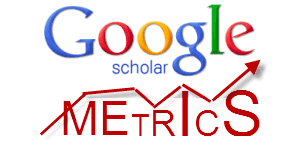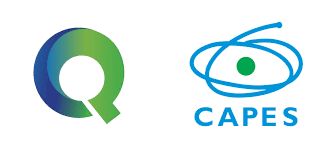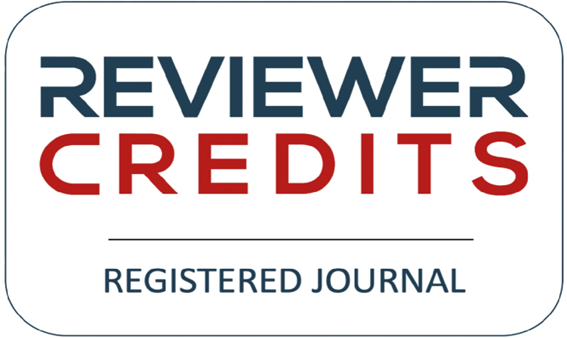AMBIENTE ORGANIZACIONAL E INSTITUIÇÕES: A EMERGÊNCIA DO MERCADO NO ENSINO SUPERIOR BRASILEIRO NO PERÍODO DE 1970 A 2007.
Keywords:
Institucionalização, Mercado, Ensino Superior. Institutionalization, Higher Education, Market.Abstract
O trabalho objetivou identificar e avaliar o processo de institucionalização do mercado no ensino superior brasileiro. O delineamento da pesquisa é longitudinal, com perspectiva histórica, dos anos de 1970 até 2007. Obedeceu-se às seguintes etapas: investigação documental na qual foram levantados dados qualitativos descritos pelos pesquisados, que abordaram o ensino superior brasileiro, nas áreas de Administração, Educação, História e Sociologia; a partir desta, realizou-se pesquisa qualitativa com base nos dados coletados, para a definição dos atores e ações relevantes ao problema proposto; nos fundamentos teóricos e na pesquisa, foram identificados os conceitos da teoria institucional e suas definições, que orientaram a interpretação dos dados, incluindo análise dos principais fatos políticos e legais que permearam o sistema de ensino superior no Brasil e para entender o processo de institucionalização do mercado neste setor. Os resultados mostraram os principais acontecimentos sobre o ensino superior brasileiro que permitiram a emergência do mercado como instituição em um segmento que em sua criação era predominantemente universal e gratuito. Já de forma potencial em 1979 e ao longo dos anos de 1980, mais consistente até 1996, quando ganha efetividade, e nos anos que se seguem, o mercado se torna o maior provedor do ensino superior no Brasil. Com base nesta investigação é apresentado como resultado a formação do campo organizacional do ensino superior brasileiro com a participação de diversos atores, nacionais e internacionais, que influenciaram direta e indiretamente a configuração deste setor, até seu presente estado.
ORGANIZATIONAL ENVIRONMENT AND INSTITUTIONS: THE EMERGECY OF MARKET IN HIGHER EDUCATION IN BRAZIL FROM 1970 TO 2007.
ABSTRACT
The aim of this work is to identify and evaluate the institutionalization process of the Brazilian higher learning market. The study is longitudinal, with a historical perspective, ranging from 1970 to 2007. The study was conducted in the following stages: documental research, during which qualitative data described by the interviewees was raised, concerning Brazilian higher learning in the fields of Management, Education, History and Sociology; qualitative research was then conducted based on the collected data in order to define the relevant actors and actions pertaining to the point in question; in the theoretical bases and the research, the concepts of the institutional theory and its definitions were identified, and these guided the interpretation of the data, including the analysis of the main political and legal facts that permeated the higher learning system in Brazil, and were instrumental when it came to understanding the institutionalization process of the market in this sector. The results showed the main events that took place in the field of Brazilian higher learning that enabled the market to emerge as an institution in a segment that, when created, was predominantly universal and free. However, potentially in 1979 and throughout the 1980s, and extending up to 1996 when it gained effectiveness, and in the following years, the market became the largest provider of higher education in Brazil. Based on this research, the result that is presented is the formation of Brazilin higher learning with a great diversity of participating actors both within Brazil and from overseas, who influenced the configuration of this sector both directly and indirectly until it reached its present state.




















